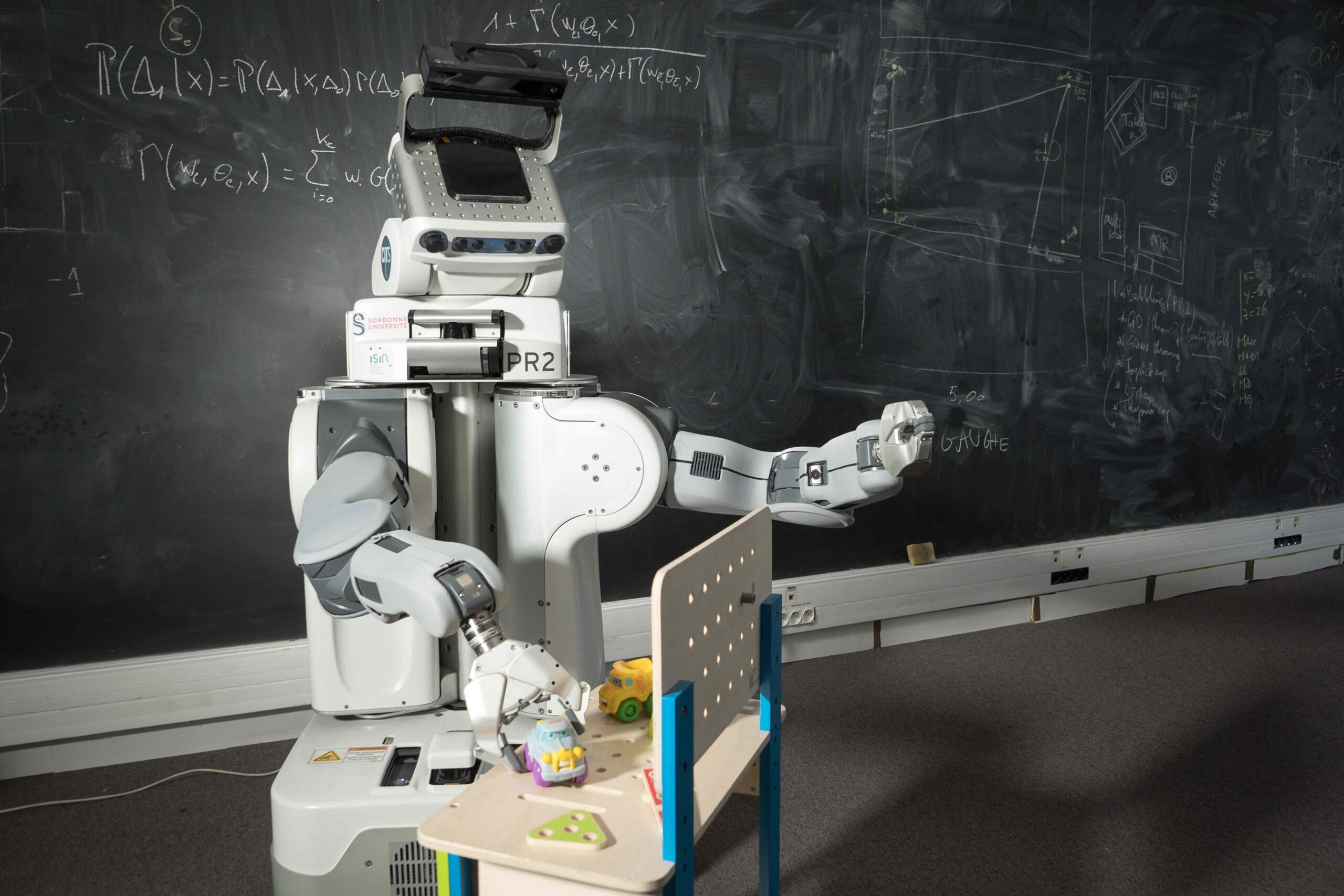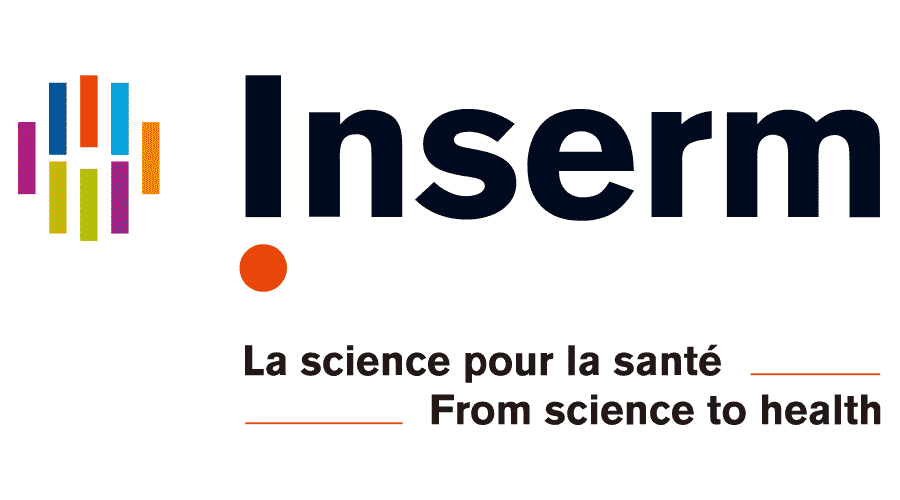I am interested in adaptation methods that allow robots to cope with situations that were not fully anticipated by their designer. To this end, I rely on reinforcement learning methods that aim at discovering how to solve a problem described as a reward maximization: what to do is indicated (maximizing the reward), but not how to do it. Learning algorithms must discover this by exploring possible behaviors.
The possible actions of a robot are infinite as well as the states it can be in, so it is not possible to explore all possibilities. Moreover, many interactions are rare and therefore difficult to discover by exploration. Picking up an object with a robotic arm, for example, requires moving the arm to touch the object in a particular way and many movements will not even touch the object. The robot also has only its sensors to determine the information to decide what to do, but these perceptions can be noisy and incomplete (in case of occlusions, for example). They are also often large, as in the case of images. Robotics therefore poses many challenges to reinforcement learning methods.
I approach this problem with a developmental and modular approach in which the robot is equipped with algorithms allowing it to progressively build the skills it needs to solve the tasks it faces through learning and planning.
Keywords: developmental robotics, evolutionary robotics, reinforcement learning, direct policy search, novelty search, Quality-Diversity algorithms.




